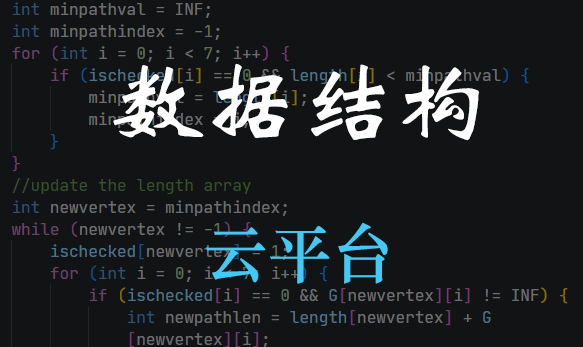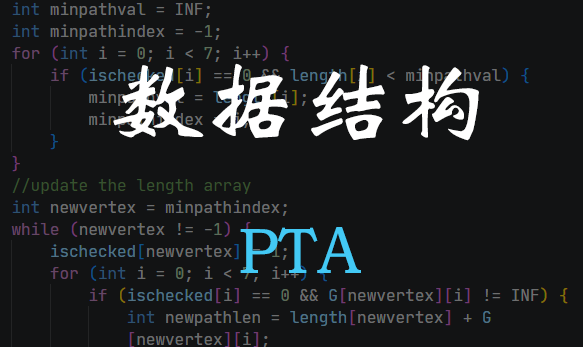1
2
3
4
5
6
7
8
9
10
11
12
13
14
15
16
17
18
19
20
21
22
23
24
25
26
27
28
29
30
31
32
33
34
35
36
37
38
39
40
41
42
43
44
45
46
47
48
49
50
51
52
53
54
55
56
57
58
59
60
61
62
| #include <stdio.h>
int MinSubsequence(int *arr, int head, int tail) {
if (head == tail) {
return arr[head];
}
int mid = (head + tail) / 2;
int leftMin = MinSubsequence(arr, head, mid);
int rightMin = MinSubsequence(arr, mid + 1, tail);
int cLmin = 1000000;
int cRmin = 1000000;
int tempSum = 0;
for (int p = mid; p >= head; p--) {
tempSum += arr[p];
if (tempSum < cLmin) {
cLmin = tempSum;
}
}
tempSum = 0;
for (int p = mid + 1; p <= tail; p++) {
tempSum += arr[p];
if (tempSum < cRmin) {
cRmin = tempSum;
}
}
if (leftMin <= rightMin && leftMin <= cLmin + cRmin) {
return leftMin;
}
else if (rightMin <= leftMin && rightMin <= cLmin + cRmin) {
return rightMin;
}
else {
return cLmin + cRmin;
}
}
int main() {
int A[] = {-43, 45, 5, -46, 20, 4, 43, -16, 41, 31, -28, -38, 4, 14, -49};
int B[] = {16, -33, 40, -17, 40, 36, 40, 9, -14, 23, -40, 11, -10, -25, -28};
int C[] = {46, -39, -14, 12, 8, -7, 25, -47, 36, 26, 28, 17, -41, 14, 47};
int D[] = {-3, 35, 6, 47, 7, -45, -34, -37, -26, -25, -4, -23, 38, -20, 24};
int E[] = {-48, -40, -4, -4, -42, -35, -8, 39, -36, -39, -43, 42, 23, 37, -4};
printf("A: %d\n", MinSubsequence(A, 0, 14));
printf("B: %d\n", MinSubsequence(B, 0, 14));
printf("C: %d\n", MinSubsequence(C, 0, 14));
printf("D: %d\n", MinSubsequence(D, 0, 14));
printf("E: %d\n", MinSubsequence(E, 0, 14));
return 0;
}
|







